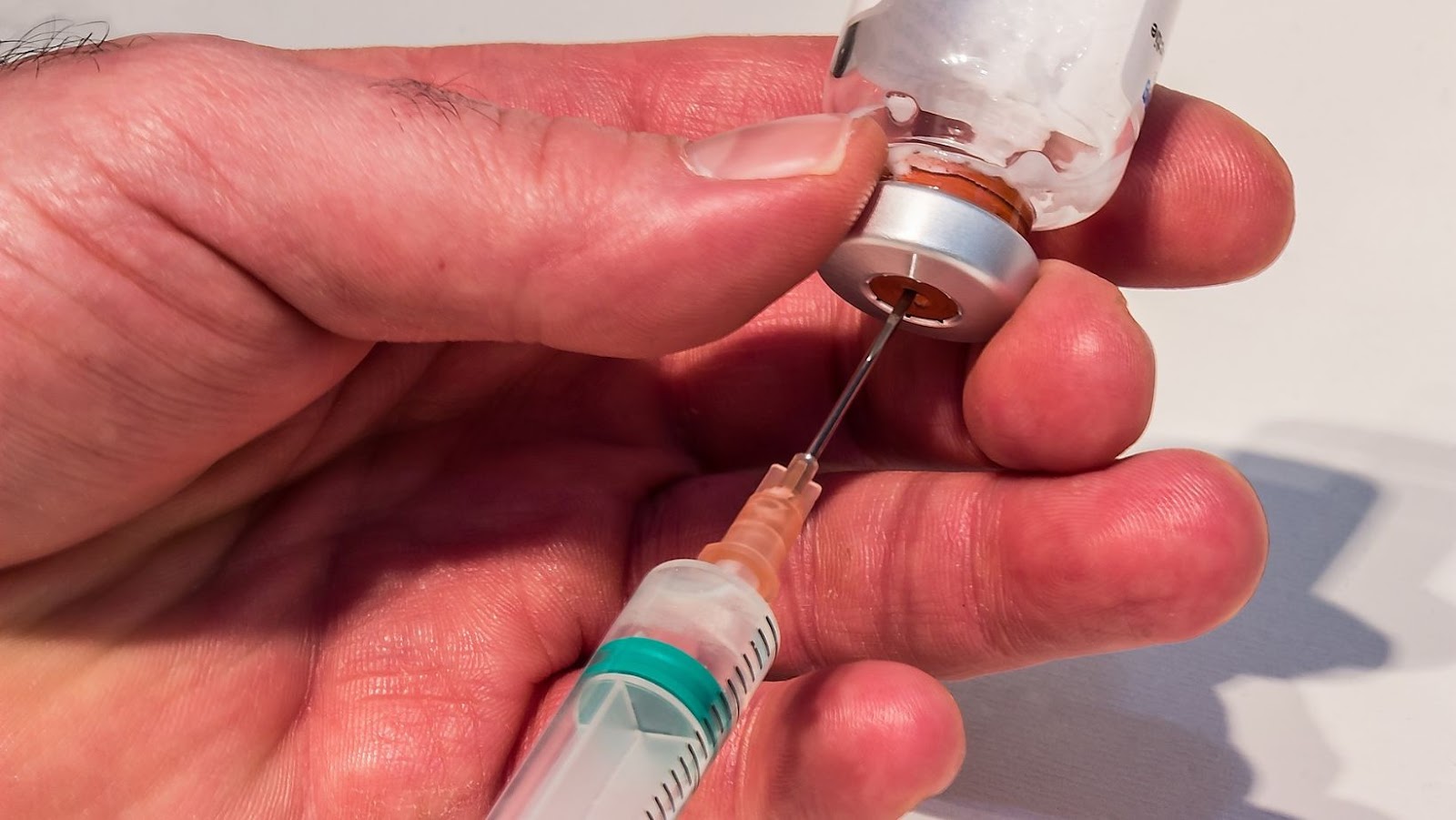Diving Deep into the Effects of Kisspeptin on Hormone Secretion in Humans

Kisspeptin is a hormone that plays an active role in regulating many aspects of the human body, particularly regarding hormone secretion. Although much is still unknown about its effects on the human body, its influence on influencing hormones such as GnRH and LH has become increasingly clear. In this article, we will dive deep into the top effects of kisspeptin on hormone secretion in humans, so you can better understand how this powerful hormone affects your body.
Stimulation of The Gonadotropin-Releasing Hormone (GnRH)
Kisspeptin is a special hormone that helps regulate reproductive systems in humans. When describing Kisspeptin and its role, this unique peptide synthesizes and releases GnRH, or gonadotropin-releasing hormone, which plays an essential role in sexual development and fertility. By stimulating the production of GnRH, kisspeptin controls various stages of the pituitary-gonadal axis and other related hormonal secretions, such as follicle-stimulating hormone (FSH) and luteinizing hormone (LH).
Studies have demonstrated that kisspeptin can stimulate LH secretion, activate the hypothalamus-pituitary-gonadal axis, initiate puberty onset in adolescents, increase ovarian follicular growth, and induce ovulation. In addition, kisspeptin treatment has been found to increase the expression of GnRH receptors in the anterior pituitary gland, which further enhances its effects on hormone secretion.
By stimulating the release of GnRH, kisspeptin can also act as a potential therapeutic agent for treating reproductive disorders such as infertility and polycystic ovarian syndrome (PCOS). Kisspeptin-based therapies can reduce FSH levels, thus helping women with PCOS reduce their risk of developing infertility related to elevated FSH levels.
Hypothalamic-Pituitary-Adrenal (HPA) Axis Regulation
Kisspeptin is a hormone that plays an important role in regulating the hypothalamic-pituitary-adrenal (HPA) axis, which helps coordinate the body’s response to stress, hunger, and other physiological needs. When kisspeptin is released, it acts on cells within the HPA axis to release hormones such as cortisol and adrenaline. These hormones help regulate various processes like metabolism, immunity, and cognition. Additionally, kisspeptin also helps regulate appetite by controlling satiety signals in the brain.

By regulating and modulating the activity of the HPA axis, kisspeptin can have far-reaching effects on hormone secretion in humans. Doing so, can help maintain the balance between hormones and promote better health. For instance, kisspeptin can help reduce cortisol levels when they get too high due to stress or increase the release of hormones like growth hormone, which can be beneficial for muscle growth and development. It can also control appetite, affecting the brain’s satiety signals.
Kisspeptin is also believed to influence other hormone systems, such as prolactin, cortisol, thyroxine, estradiol, and testosterone. Its role in regulating these hormones is still being studied. Still, it is thought that kisspeptin may affect the secretion of these hormones and could potentially be used to treat certain hormone-related disorders.
Kisspeptin Regulates Hormones Involved in Metabolism
As mentioned earlier, kisspeptin is an important regulatory hormone in humans, as it plays a key role in the reproductive system. However, recent research has also revealed that kisspeptin can affect metabolism and energy balance hormones. This provides insight into how kisspeptin may influence our metabolic health and body composition.
The effects of kisspeptin on metabolism are still under investigation but there are some interesting findings to note. Kisspeptin can regulate hormones such as insulin and leptin, which have profound metabolic implications. It does this by stimulating or inhibiting certain hormones depending on their levels in the bloodstream or within specific brain areas. For example, if someone has high circulating insulin levels, then kisspeptin can help to reduce them.
As touched earlier, kisspeptin also appears to be involved in regulating hormones that influence appetite. This includes ghrelin and orexin – hormones linked to increased hunger and cravings for certain foods. By regulating these hormones, kisspeptin can help to control food intake and ensure that we’re eating healthy amounts of nutritious food.
Kisspeptin Plays a Role in Regulating Sleep
Kisspeptin is a hormone involved in regulating many physiological processes, including sleep. Kisspeptin has been shown to directly affect the activity of other hormones, such as luteinizing hormone (LH) and gonadotropin-releasing hormone (GnRH), both of which are important for regulating a person’s circadian rhythm and promoting quality sleep. Studies have also demonstrated that kisspeptin can help synchronize sleep-wake cycles by influencing melatonin secretion from the pineal gland – this helps regulate someone’s sleeping patterns. As such, kisspeptin is an important factor in proper restful sleeping habits. Additionally, studies suggest increased kisspeptin levels may be linked to decreased stress levels and an increased ability to fall asleep faster.

Kisspeptin has many important effects on human hormone secretion, with potential implications for various health issues ranging from reproductive health to metabolic disorders and mental health problems. While more research is needed to fully understand its effects, this powerful hormone is already important in regulating the body’s hormone systems. Understanding the effects of kisspeptin on hormone secretion in humans can be a helpful tool for managing health and improving overall well-being.
What's Your Reaction?
Deepak is a lover of nature and all things sporty. He loves to spend time outdoors, surrounded by the beauty of the natural world. Whether he's hiking, biking, or camping, Deepak enjoys being active and in touch with nature. He also loves to compete and push himself to his limits. Deepak is an avid cyclist, runner, and swimmer. He has competed in several triathlons and marathons, and is always looking for new challenges to take on.



